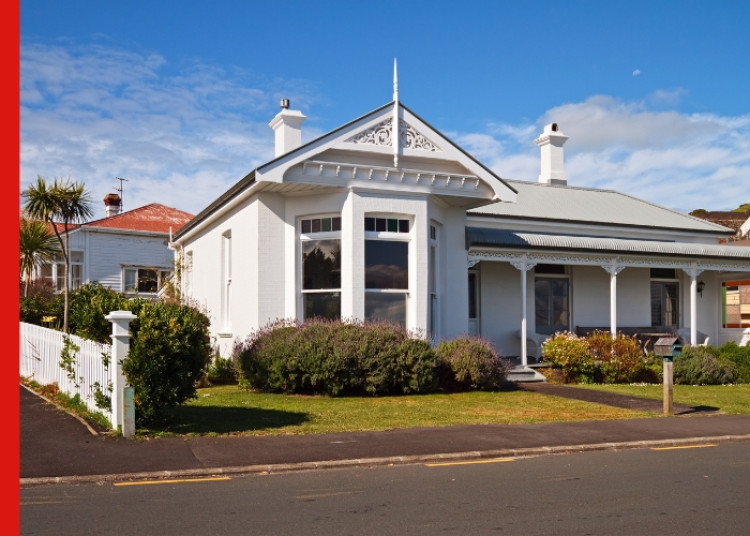[ad_1]

With the news that New Zealand has slipped into recession, after the second consecutive quarter of negative growth, we have to consider: is this just a technical recession or should we be worried about its further impact on the housing market?
Context is always vital, and never more so than when we consider the current economic climate, and how it helps us see the true picture of what’s happened and may likely happen based on past experience.
I talk frequently about the cyclical nature of residential property sales, and while this current cycle is not unexpected, it is probably one of the hardest Kiwis have been through for a good few years. In my 42 years in real estate, this recession sits closest behind the share market fall of 1987. That said, there are some marked differences which give me cause to believe we can be cautiously optimistic about the rest of 2023 and into 2024.
New Zealand has just come off the back of an exceptional period of property value increases, the fastest rises we’ve seen for many years. Some of this was due to the impacts that fell out of the pandemic, like closed borders resulting in spending at home rather than abroad, low interest rates and the government stimulus pumped into the economy to keep employment buoyant. Together these made Kiwis feel richer, impacting house prices and driving inflation.
Now as we enter a period of stability (or recovery, depending on your perspective), it’s natural that we’re seeing a correction, although we need to ensure we’re comparing apples with apples. When all recent house price rises and falls are taken out of the equation, the only period we can meaningfully compare current house prices to is 2019, and in most cases, house values still sit ahead of their 2019 comparisons.
And while this economic recovery may bounce along for a period rather than bounce back, there are plenty of positives to be found in the fundamentals driving New Zealand’s economy that signal the levelling out of the housing market. Immigration returning and relatively good employment rates are both promising signs. Critically, we’re also seeing an increase in first home buyers coming into the market, making up around 25-30% of sales. And New Zealand continues to see a shortage of rental properties which should encourage more investors to return to the market and incentivise developers to build, although high building costs will remain a barrier for some.
Winter coupled with an upcoming election are two factors that usually impact the housing market and sales numbers, as people wait for better weather and certainty from their politicians. Despite these, listing activity, particularly for Auckland, has increased over the last six weeks compared to January and February of this year, which means we may be seeing additional green shoots of recovery coming our way.
What’s happening in the auction room is another good gauge of where things are sitting in the wider housing market, and anecdotally we’re seeing more activity with good prices achieved over the reserves. These are further signs of stability returning to the housing market.
Looking back 15 years or so, interest rates fluctuating between 5-6% were actually the norm. However, most of those who have entered the housing market in the past 5-10 years ago aren’t used to seeing interest rates at current levels. What we might be seeing in the current context is something of a new normal, and a rebalance that might just shape the housing marketing into a more sustainable vehicle for the future. This is something we all want to see.
[ad_2]
Source link


















